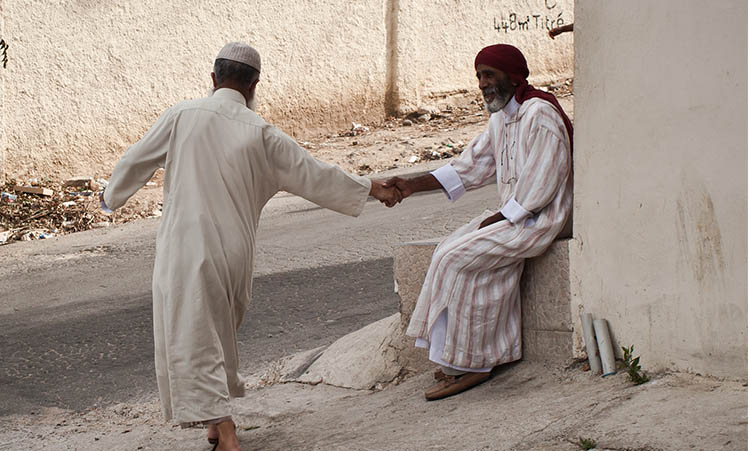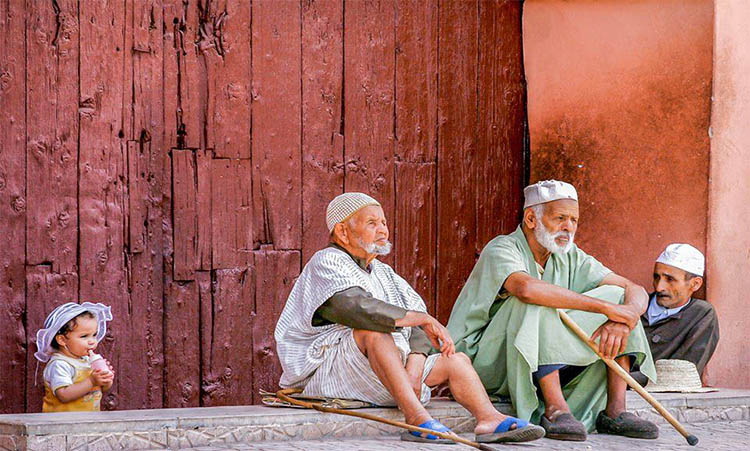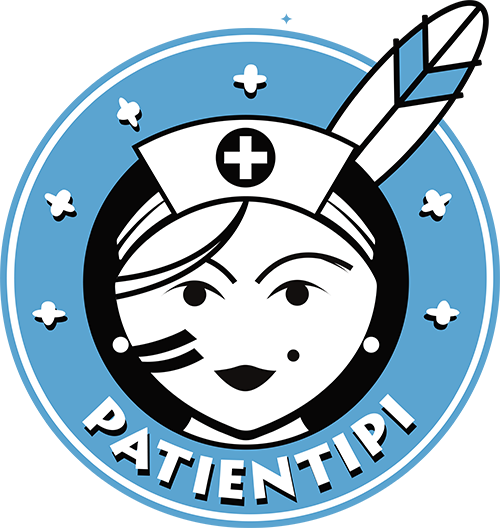Morocco
Dear fellow caregivers,
You are welcoming a patient from Morocco.
Here is a list of useful information to know in the context of his medical care.
General Information
Distance Paris ✈ Rabat : 1 387 miles
36 million inhabitants / Average salary: $266 per month
Literacy rate: 72.4% / Life expectancy: 76 years
Spoken languages : Arabic and Amazigh
● In Morocco, 99% of the population is Muslim.
● The most common infectious diseases are: COVID-19, hepatitis A and B, rabies, tuberculosis, typhoid and Zika.
Communication

● Moroccans usually greet each other by extending their right hand.
● Some women may feel embarrassed to shake your hand. They will prefer to place their hand on their chest as a greeting.
Beliefs, Practices & Rituals

● In Morocco, sheepskin is known for its medicinal properties, applied to the skin and scars.
● Generally speaking, it is impolite to walk past a patient who is doing his prayer.
● During Ramadan, taking small amounts of blood is allowed and does not interrupt the fast.
● During Ramadan, the ailing person is allowed to eat to regain strength if the doctor deems it necessary.
● During Ramadan, therapeutic massage is allowed and does not break the fast, unlike comfort and well-being massage.
● In Morocco, it is customary for a woman to be treated/massaged by a female caregiver, showing only the areas to be treated.
● Some people may believe that demons and the evil eye (the “Djinn”) are the cause of their misfortunes and especially diseases.
Eating habits

● Moroccan food is rich in spices including cumin, turmeric, ginger, paprika, coriander and parsley.
● The cuisine is also prepared with an olive oil base.
● Moroccans often accompany their meals with bread.
● The national drink is mint tea.
Pregnancy and motherhood

● In Morocco, it is customary for the woman to wear amulets such as the “hand of Fatma” which protects her from “the evil eye” and protects herself from strong emotions.
● There is no religious opposition to epidural anesthesia.
● Labor will be enhanced by the expression of suffering through screaming, crying, and prayers.
● In a culture where modesty is de rigueur, the husband may not usually attend the birth.
End-of-life care

● In Morocco, the bodies of the deceased are buried naked and covered with a white sheet.
● The role of the family is very important, especially during a serious illness. The family, sometimes the whole family, can go to the bedside to show their devotion and attachment.
● The family may request, when the prognosis is announced, a softening of the medical terms so as not to “worry” the patient.
● The majority of families prefer that the patient at the end of life return to his or her family home if there is nothing more the medical profession can do for the patient.
Examples
This section allows us to share experiences. Feel free to share yours with the community.
● MamanMaroc.ma – Les traditions marocaines avant la naissance
● Meryam Ben Ameur El Youbi, Saoussane Kharmoum & Hassan Errihani – Family support of cancer patients : what is it in Morocco ?
